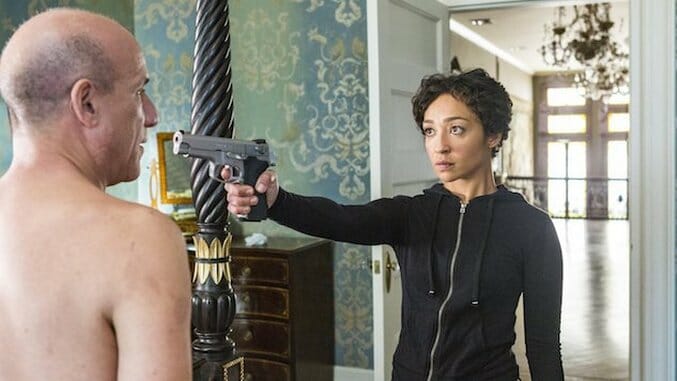Comic Book TV Has Moved Far Beyond Superheroes—and That’s a Good Thing
Photo: AMC
Comic book TV is in the midst of a renaissance—it just doesn’t resemble what most people imagine when they hear the phrase.
The genre might have begun with capes, tights and more than a few old superhero tropes, but now it’s just as likely to feature a half-baked road trip in search of God (Preacher) or a zombie twentysomething just trying to live her life (iZombie). This in a genre exemplified by Smallville’s “Monster of the Week” less than a decade ago.
-

-

-

-

-

-

-

-

-

-

-

-

-

-

-

-

-

-

-

-

-

-

-

-

-

-

-

-

-

-

-

-

-

-

-

-

-

-

-

-








































